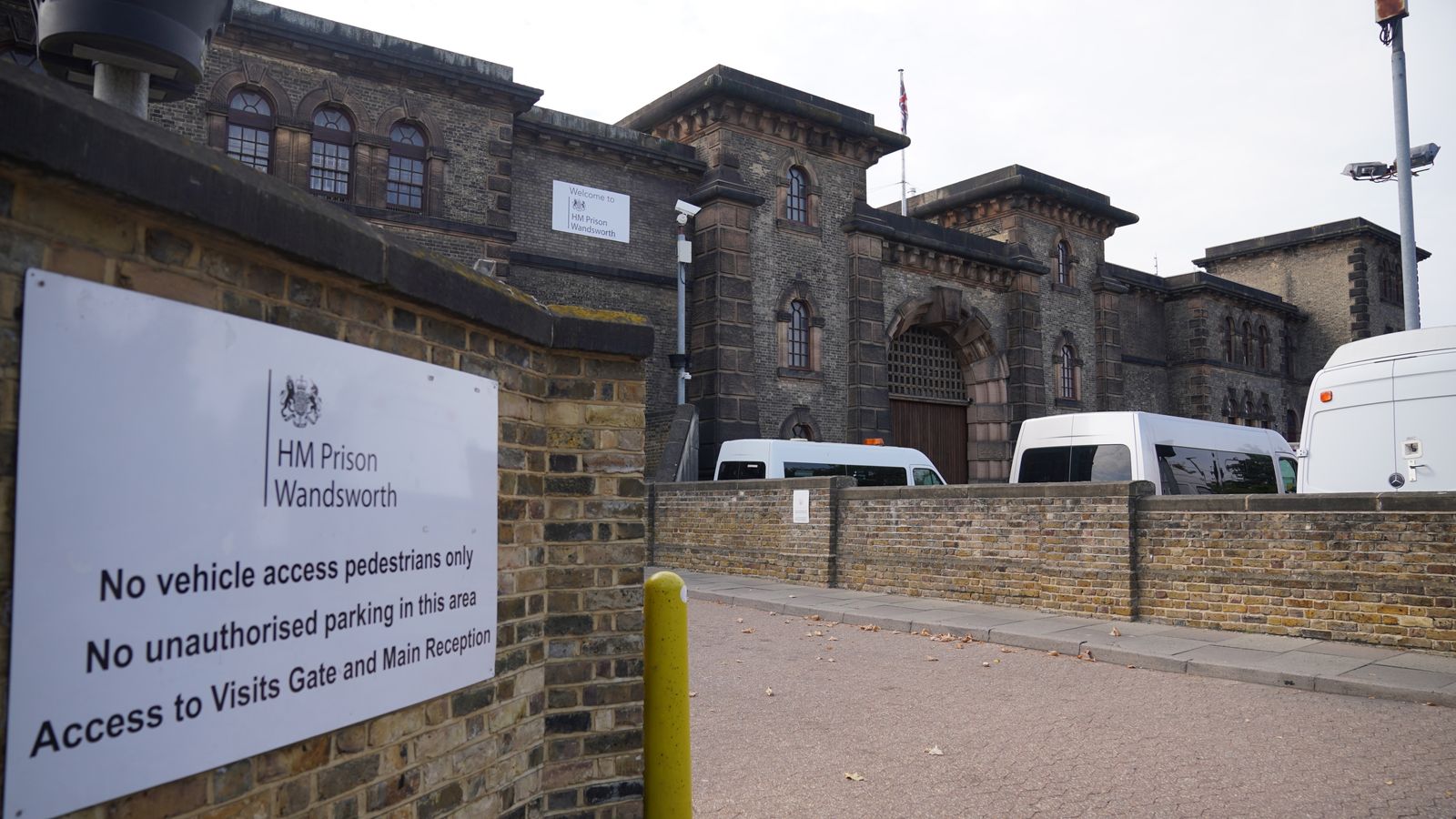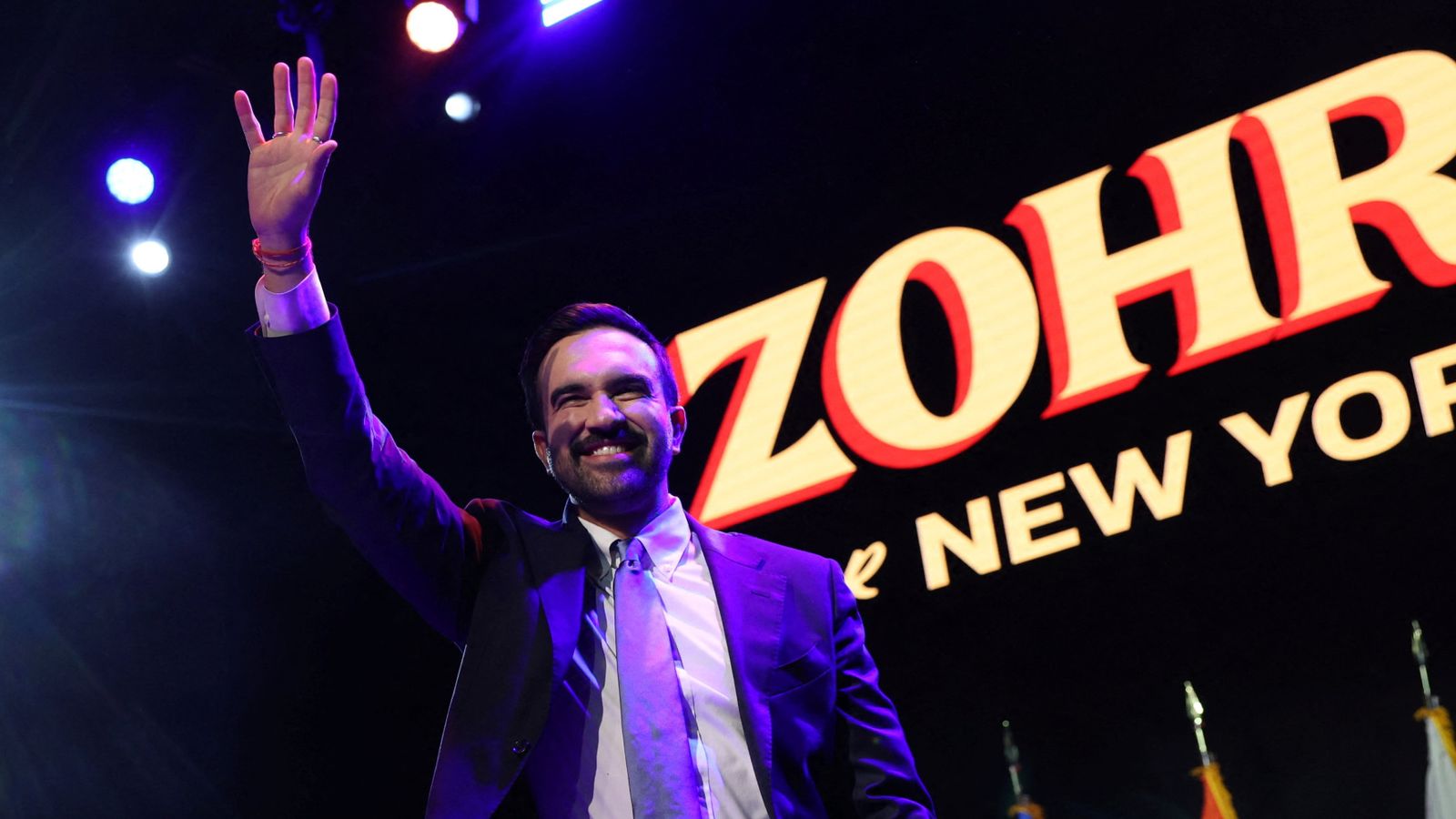Interest rates are at their highest for years (Picture: Getty Images)
The Bank of England unveiled its biggest interest rate rise in more than 30 years this week as it soared from 2.25% to 3%, a jump of 0.75%.
That makes the base rate the highest since 2008 – while the jump in rates is the biggest single increase since 1989.
Chancellor Jeremy Hunt said of the rise: ‘Interest rates are rising across the world as countries manage rising prices largely driven by the Covid-19 pandemic and (Vladimir) Putin’s invasion of Ukraine.
‘The most important thing the British government can do right now is to restore stability, sort out our public finances, and get debt falling so that interest rate rises are kept as low as possible.
The rise could spell further problems for homeowners, who could end up paying hundreds of pounds extra on their annual mortgage – at a time when the country is already coping with soaring prices amid the cost of living crisis.
With many wondering when things might improve, just when could interest rates start to go down?
Here’s what you need to know…
When could interest rates go down?
There’s no clear answer to this one, as nobody really knows at this stage when interest rates will start to fall.
The predictions for inflation from the Bank Of England over the coming months indicate that rates may continue to increase next year before starting to fall back in 2024.
This would be in line with the projected path for inflation rates, which are projected to hit around 11% before starting to come down in 2023 and 2024.
To view this video please enable JavaScript, and consider upgrading to a web
browser that
supports HTML5
video
The UK is also projected to be in recession for much of this time, with estimates that it could be the longest the country has ever faced – the Bank Of England suggesting it could even last until 2024.
Interest rates are expected to rise again before the end of the year and are predicted to hit around 5.25% – however this falls short of the 6% originally projected in the wake of Kwasi Kwarteng’s mini-Budget, which has since been reversed.
Joshua Raymond, Director at online investment platform XTB.com, told metro.co.uk: ‘The UK central bank now believes interest rates don’t need to rise as high as existing market expectations to get inflation under control and the UK economy is at the start of a long and deep recession that could last until 2024.
Effectively the UK’s central bank is forecasting that the long recession will help to bring prices back under control, and it doesn’t need to raise rates aggressively as this could deepen the recession and be unnecessary to control inflation which it thinks will fall regardless of higher rates.
‘Rates have risen amid a cost of living crisis which has seen prices soar (Picture: Getty Images)
This has forced investors to amend their rate expectations for 2023. Before this week’s meeting, the market was forecasting interest rates to peak at around 5.25% next year.
‘The rhetoric from the Bank of England has likely lowered those forecasts to closer to 4.5%-4.75% and we could see two to three more rate hikes of around 0.5% before rates stabilise.
Of course, there is also every chance that interest rates could come back down ‘quickly to spur economic activity and try to soften the contraction in UK economic activity.
‘However, it’s unlikely there will be much headroom for the BoE to do so until 2024 given they expect inflation to remain at around 10% for the first half of 2023 before falling down to 5% at the end of the year.’
Why have interest rates gone up?
Indications from the Bank Of England suggest rates could start to come down by 2024
According to the BoE, interest rates have been rising in a bid to bring inflation down.
Their website says: ‘The cost of living has risen sharply over the last year. The speed of that increase is called the rate of inflation.
‘It’s our job to keep the UK’s rate of inflation low. We have a target of 2%.’
Inflation rates are currently higher than that due to the price of goods coming from abroad and the increases in the cost of energy.
The BoE also attributes this to there being more job vacancies than there are people to fill them, meaning employers are having to offer higher wages to attract job applicants.
‘It’s likely that inflation will keep rising this year and start to come down next year. We expect it to be close to our 2% target in around two years.’
MORE : Cost of making a cup of tea rises after food inflation hits 11.6%
MORE : A long list of headaches for next PM: From inflation to Brexit via strikes
Follow Metro across our social channels, on Facebook, Twitter and Instagram
Share your views in the comments below
They’re at their highest in decades.





